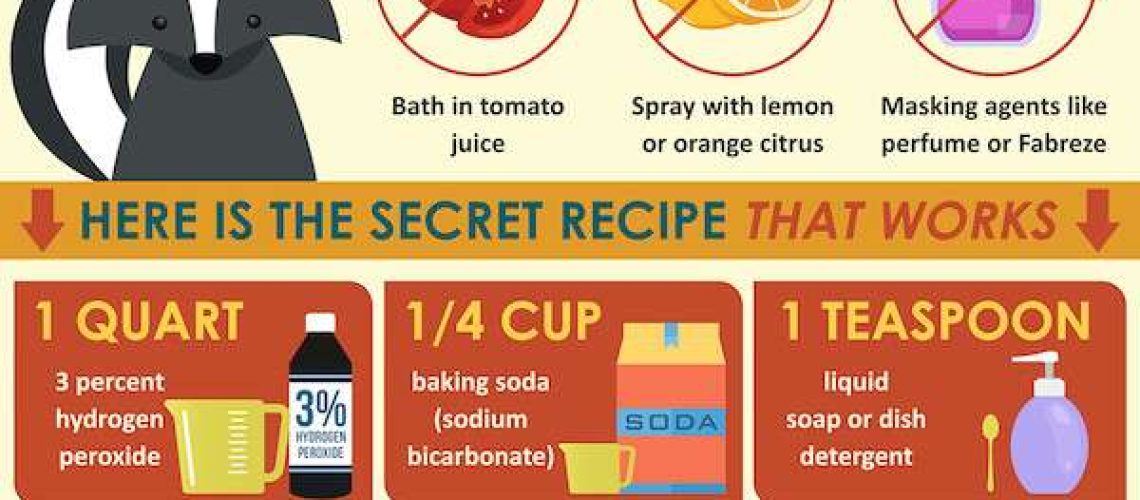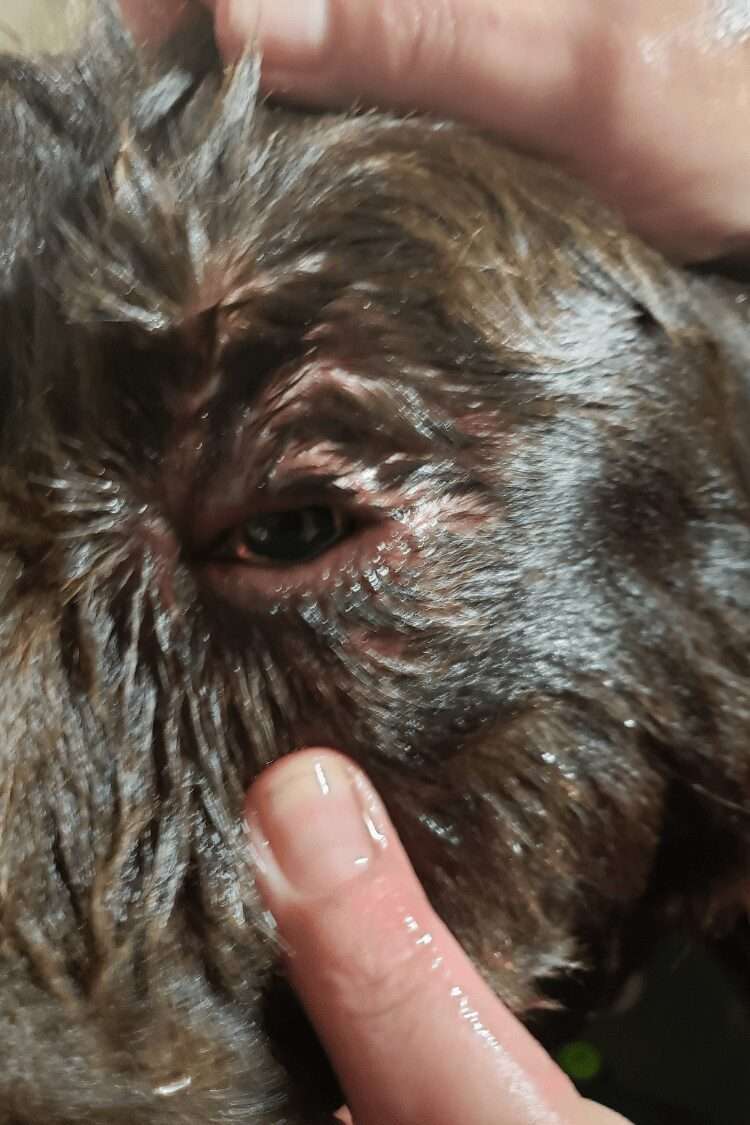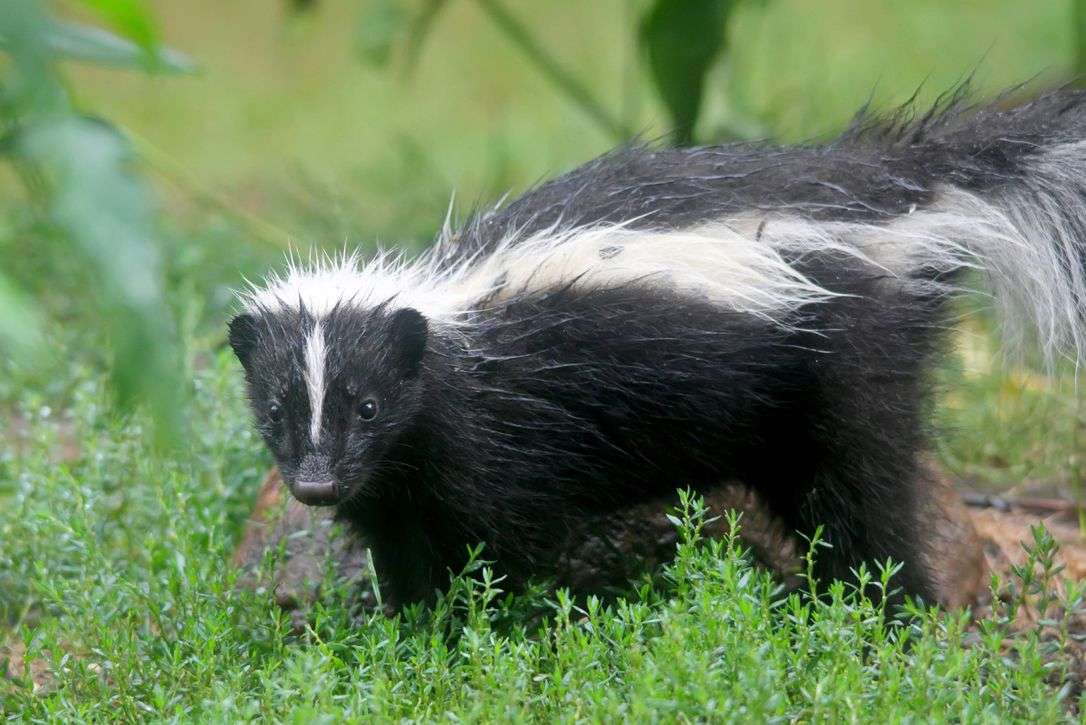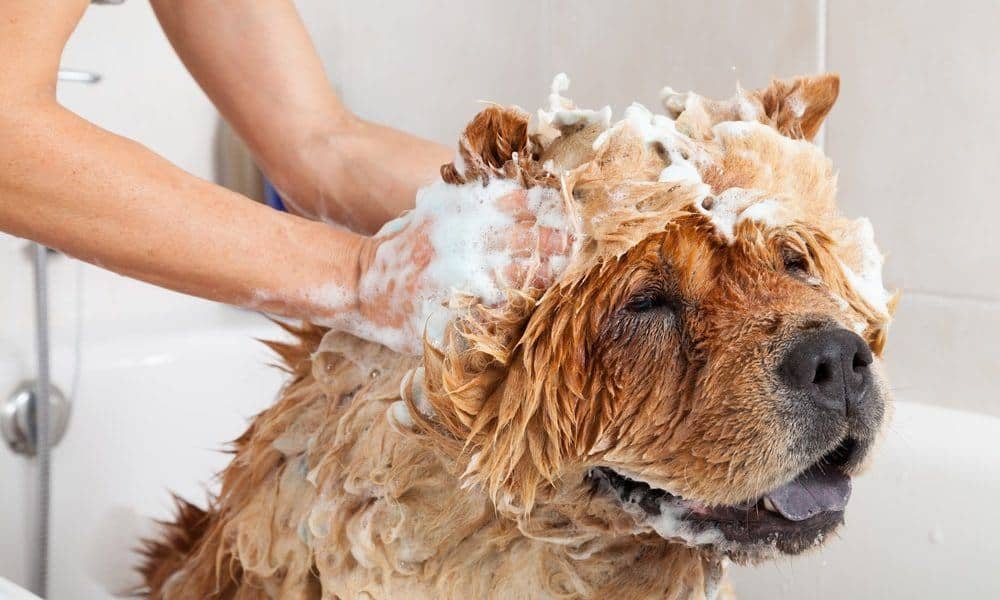Key Takeaways:
- Act quickly: Promptly flush the pet's eyes with water to minimize irritation and potential damage.
- Avoid rubbing: Refrain from rubbing the pet's eyes, as this can worsen the irritation and spread the skunk spray.
- Use a mild solution: Mix a gentle eye wash solution using saline or a homemade mixture of water and baby shampoo to cleanse the eyes.
- Seek veterinary advice: Contact a veterinarian for further guidance, especially if the pet shows signs of distress, excessive tearing, or redness in their eyes.
- Prevent future incidents: Take precautions to keep pets away from skunks by securing outdoor areas and using deterrents such as motion-activated sprinklers or natural skunk repellents.
Are you a proud pet owner? If so, then you know that sometimes unexpected situations can arise. One such situation is when your furry friend accidentally gets sprayed in the eyes by a skunk. While it may seem like a smelly and messy problem, understanding how to handle this situation is essential for the well-being of your pet. In this guide, we will explore the steps you can take to alleviate your pet's discomfort and prevent any further complications. So, if you want to ensure your pet's safety and happiness, keep reading to discover the secrets of dealing with a skunk encounter gone wrong!
What to Do If Your Pet Gets Sprayed by a Skunk in the Eyes
The Discomfort of Skunk Spray in Your Pet's Eyes
When a skunk sprays your pet, it can be an unpleasant experience for both you and your furry friend. If your pet gets sprayed directly in the eyes, it can cause immediate discomfort and irritation. The skunk spray contains chemicals called thiols, which are responsible for the strong odor and can be irritating to the eyes.
If your pet's eyes come into contact with skunk spray, they may start tearing up excessively, squinting, rubbing their eyes, or even pawing at them. It's important to address this issue promptly to alleviate their discomfort and prevent any potential damage to their eyes.
Initial Steps to Take When Your Pet's Eyes Are Sprayed
If you notice that your pet has been sprayed by a skunk in the eyes, here are some immediate steps you can take:
- Stay calm: It's natural to feel concerned when your pet is in distress, but staying calm will help you handle the situation better.
- Keep your pet away from other animals: Skunk spray can also irritate other animals or pets in close proximity. Separate them to avoid any further complications.
- Flush their eyes gently: Use clean water or a sterile saline solution to rinse out your pet's eyes. This can help remove some of the skunk spray residue and provide temporary relief.
- Avoid using harsh substances: It may be tempting to try using soap or other cleaning agents on your pet's eyes, but these can cause further irritation. Stick to plain water or saline solution.
Helping a Pet with Skunk Spray in Their Eyes: Simple Tips
Comforting Your Pet and Minimizing the Effects of Skunk Spray
Your pet's well-being is your top priority, so here are some simple tips to help comfort them and minimize the effects of skunk spray in their eyes:
- Provide a calm environment: Create a quiet and soothing space for your pet to relax. Avoid loud noises or excessive activity that may stress them further.
- Avoid touching their eyes: While it's natural to want to help, touching your pet's eyes can potentially cause more harm. Let them blink and tear naturally to flush out any remaining skunk spray.
- Keep their fur clean: If your pet was sprayed all over, gently wash their fur with a pet-friendly shampoo. Be careful not to get any soap or water in their eyes.
- Offer distractions: Engage your pet in activities they enjoy, such as playing with their favorite toy or offering treats. This can help redirect their focus away from the discomfort.
The Importance of Acting Quickly When Your Pet's Eyes are Sprayed by a Skunk
The Potential Dangers of Delayed Action
Acting quickly is crucial when your pet's eyes are sprayed by a skunk. The longer the skunk spray remains in contact with their eyes, the higher the risk of complications and prolonged discomfort. Some potential dangers of delayed action include:
- Inflammation and infection: Skunk spray can cause inflammation and increase the risk of eye infections if not addressed promptly. This can lead to more severe eye problems if left untreated.
- Corneal damage: The chemicals in skunk spray may cause damage to the cornea, the transparent outer layer of the eye. Corneal ulcers or abrasions can develop, leading to pain and potential vision loss.
- Persistent discomfort: Your pet may experience ongoing discomfort and distress if the skunk spray residue is not effectively removed from their eyes.
Potential Harm to Your Pet's Eyes if Sprayed by a Skunk: What to Know
The Effects of Skunk Spray on Eye Health
Skunk spray contains chemicals that can be harmful to your pet's eyes. Understanding the potential harm can help you take appropriate action. Some effects of skunk spray on your pet's eyes include:
- Irritation and redness: Skunk spray can cause immediate irritation, leading to redness and inflammation in your pet's eyes.
- Tearing and discharge: Excessive tearing and discharge are common when skunk spray comes into contact with your pet's eyes. This is their natural response to flush out irritants.
- Sensitivity to light: Your pet may become more sensitive to light after being sprayed in the eyes. They may squint or avoid bright areas due to increased sensitivity.
Relieving Skunk Spray in Your Pet's Eyes: Home Remedies to Try
Gentle Methods for Relief
If your pet has been sprayed by a skunk in the eyes, there are some home remedies you can try to provide relief:
- Flushing with saline solution: Use a sterile saline solution or a homemade saline mixture (1 teaspoon of salt dissolved in 1 cup of water) to gently flush your pet's eyes. This can help remove skunk spray residue and soothe their eyes.
- Cool compress: Apply a cool, damp cloth or a refrigerated eye mask to your pet's closed eyes for a few minutes at a time. This can help reduce inflammation and provide temporary relief.
- Natural eye drops: Some natural eye drops, specifically formulated for pets, may help soothe your pet's eyes. Consult with your veterinarian before using any over-the-counter products.
When to Seek Professional Help for Your Pet after Being Sprayed in the Eyes by a Skunk
Signs that Require Veterinary Attention
In some cases, it may be necessary to seek professional help from a veterinarian if your pet has been sprayed in the eyes by a skunk. Look out for these signs that indicate the need for veterinary attention:
- Persistent redness and swelling: If your pet's eyes remain red and swollen despite home remedies, it could indicate an underlying issue that requires medical treatment.
- Inability to open the eyes: If your pet is unable to fully open their eyes or keeps them closed for an extended period, it may be a sign of significant discomfort or injury.
- Prolonged discharge or discharge with an unusual color or odor: Unusual discharge from the eyes, such as pus-like consistency, strong odor, or abnormal color, can indicate an infection that needs professional attention.
Remember, your veterinarian is the best person to assess the situation and provide appropriate treatment for your pet's specific needs. It's always better to err on the side of caution when it comes to their health and well-being.
In conclusion, if a pet is sprayed in the eyes by a skunk, it's important to act quickly. Rinse their eyes with water or saline solution and seek veterinary help if necessary. Remember to stay calm and provide comfort to your furry friend during this time.
What to do if a skunk sprays your dog in the eye?
In the event that this occurs, it is important to quickly rinse your dog's eyes. To do so, flush each eye multiple times with a suitable eye wash specifically designed for dogs for a period of 10-15 minutes. It is crucial not to use contact lens solution or Visine to rinse your dog's eyes.
Is skunk spray harmful to eyes?
When skunk spray gets in human eyes, it can be very irritating and temporarily blind, but it does not cause permanent harm. To alleviate the irritation, it is recommended to rinse the eyes thoroughly with cold water. Washing the affected skin with carbolic soap and water, tomato juice, or vinegar can also help. This information was last updated on October 22, 2020.
What if a skunk sprayed my cat's eyes?
If your cat has been sprayed by a skunk, it can cause irritation. It's important to check their eyes and ears for any signs of inflammation or irritation. You should immediately rinse them with cool, clean water. It's recommended to call your veterinarian to assess whether professional care is needed and to ensure that your cat's rabies vaccination is up-to-date.
Can skunk spray blind animals?
In addition to its unpleasant odor, the spray can lead to irritation and temporary vision loss. Regrettably, our pets frequently get sprayed directly in the face. Therefore, if you suspect that your pet has been sprayed by a skunk, the first thing you should do is examine their eyes for any signs of redness or irritation. If you notice these symptoms, rinse their eyes with cool water.
What if a skunk sprays in my dog's nose?
If a dog is sprayed in the face and mouth by a skunk, it is likely that the skunk spray got into the dog's eyes, nose, or mouth. In this situation, it is recommended to rinse the dog's face with cool water for 15 minutes and contact a veterinarian. Skunk spray is generally not harmful, but it can occasionally cause redness and irritations.
What happens if you don't wash your dog after skunk spray?
If immediate action is not taken, the smell of skunk odor can linger on your dog for up to two years, especially when the dog becomes wet. The most effective approach is to wash your dog with shampoo before the skunk spray dries on their fur.

















